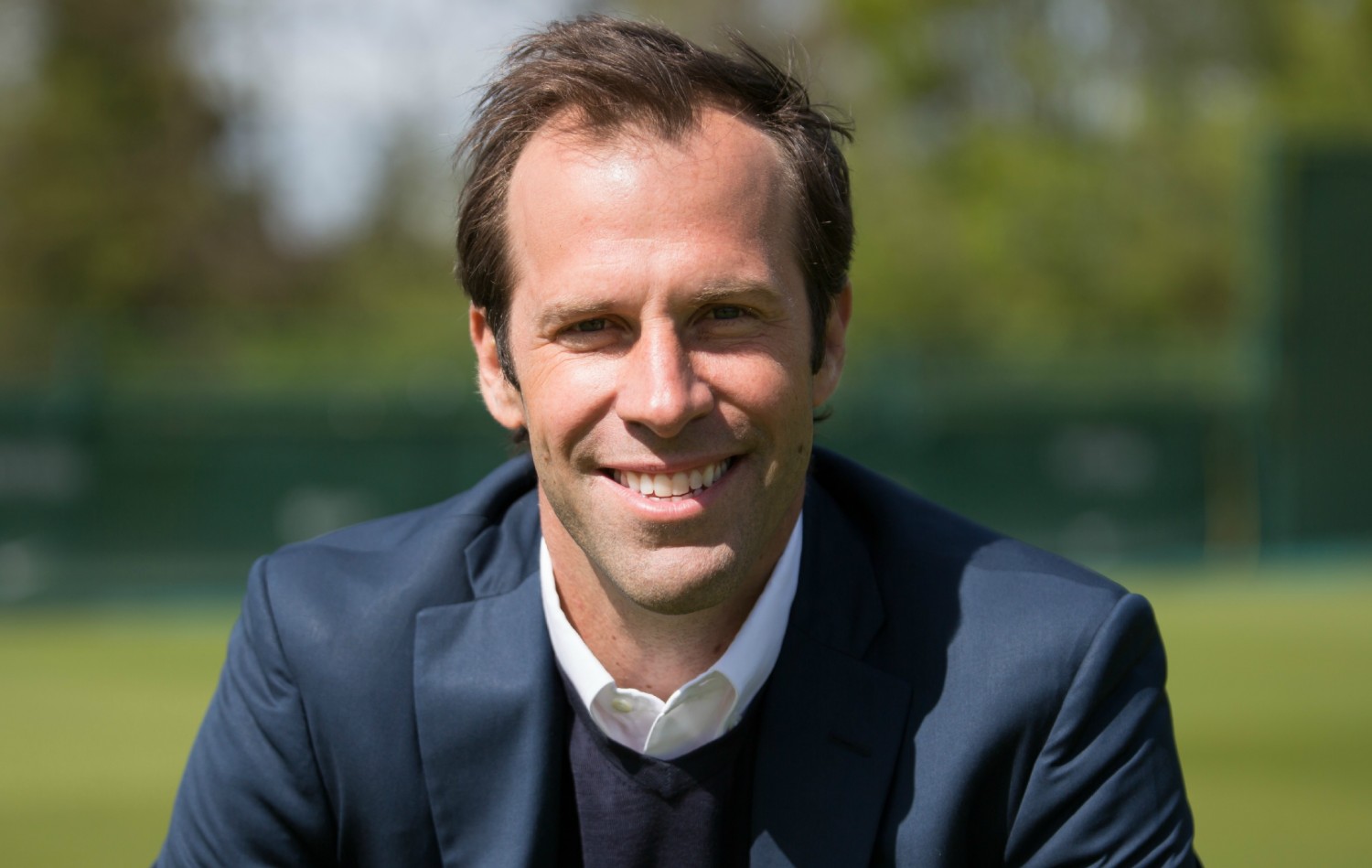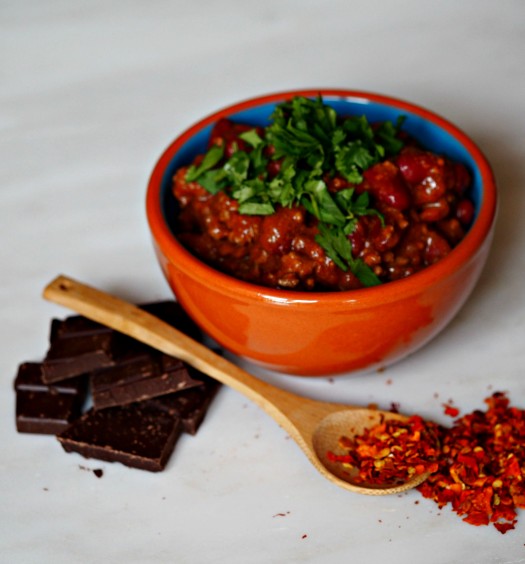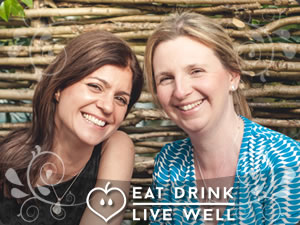We’ve been lucky enough this month to interview Greg Rusedski – just in time for the start of Wimbledon 2015.
As well as delving into the highlights of Greg’s amazing career, we were really interested to learn more about the role nutrition plays in tennis. The fact that all the top tennis players now work alongside professional nutritionists really highlights how eating and drinking well, but also supplementing appropriately, leads to recognised improvements in performance.
But it’s also great to hear that Greg’s food philosophy corresponds to Eat Drink Live Well’s philosophy – following a balanced diet, choosing healthy options when possible, but with definite treats once in a while.
We end the interview with Greg’s personal best and worst foods – although with all the recent positive research about the health benefits of chocolate, hopefully Greg can take it out of his guilty foods list!
What is your greatest tennis achievement?
I have been fortunate in my career to have many great moments in my career. The two that stand out the most are getting to the finals of the U.S. Open. This was the first time in over 70 years that a British man reached the finals of this grand slam. The second was defeating Pete Sampras the then number 1 player in the world in the finals of the Paris Masters to become the first British man to win a master series title.
Who has been your toughest opponent?
For every player out there, there is always one player or a style of player you do not like to play. For me it was Goran Ivanisevic. But nobody beats Greg Rusedski 10 times in a row. For some reason I just could not beat Goran. We had very similar styles and in our first 9 matches I must have had 20 match points but could never beat him until our tenth meeting.
What’s the biggest difference between the game today and when you were playing professionally?
The biggest changes in tennis are the technology in the players’ strings, the court speeds, sports science, and nutrition. The technology in the string allows the players to hit the ball harder and still keep control of the ball because it puts extra rotation on the ball. The speed of the courts are all medium these days and there is not the extreme speed changes as in my days of playing on tour. From a sports science point of view the players have the best science to make them the best athletes in the world. It is no surprise the best players are the fastest and best movers. Nutrition has played a major part in the athlete as well. The world number 1 Novak Djokovic talks a lot about his gluten free diet.
What is your exercise regime like these days?
These days I have really gotten into Road Cycling to stay fit. I try to get out at least twice a week. I still play tennis, do Yoga, and have a set of core exercises a few times a week to make sure everything works. I enjoy mixing my workouts.
On Greg’s diet
Have you always eaten healthily?
I believe in a balanced diet. I try to eat as healthy as possible but I believe in moderation. You still need treats once in a while in your diet.
Did you notice a difference between the attention to nutrition between yourself and the other players?
Yes, I noticed a difference between my diet and the other players. The very top players are always looking for an edge whether it is sports science or nutrition. So the very top players usually have the best nutrition and the plan that suits them.
Did you use a nutritionist or health advisor when you were playing? If so, what changes did they suggest and did this take your performance to different level?
I would read a lot of books on nutrition and I had coaches who recommended diets as well. For example, the blood type diet. But in time I used a Nutritionist later in my career and we did blood tests to see what foods were beneficial and which foods I was allergic to. Nowadays most of the top players will have nutritionists and doctors.
Do you use supplements – if so what and why?
Yes, I have used vitamins through out my career and today because I believe that it is not possible to get everything out of food these days because of the way it is processed. I take vitamin D because of the lack of sunlight in the UK and vitamin C for recovery. A male multivitamin, glucosoamine for joints, omega 3 fish oils for mobility and finally vitamin B. These vitamins and doses are all tailored for me, so see a professional before you start up supplements.
Did you make any specific dietary changes around tournaments and did you find this influenced your performance?
I had a set nutritional plan with my team before matches and after matches so I could get the best possible results. Prep match and recovery after matches food wise was very important and also the times when you eat.
What do the players drink in the break between games, we’re assuming it’s not lemon barley water!
Players drink water and also electrolyte drinks. The electrolyte drinks and quantity they drink is all very personal. As well they will use gels, and eat bananas, and dates at changeovers.
and one last thing…
Desert island must haves: Fresh grilled fish, cooked spinach and sweet potato or brown rice.
What’s a typical breakfast: A typical breakfast is porridge made with water and honey on top with fruit. I also have a juice with kale, spinach and berries and a black coffee. I’m allergic to milk and eggs. Also another option is gluten free brown bread, peanut butter and a banana and fresh juice.
Worst foods: Crisps and chocolate. I believe in still having them but try to do so in moderation. With chocolate it’s always better to have dark chocolate and with the crisps usually Kettle crisps.
Drink: green tea or normal tea? green tea
Fruit: blueberries or strawberries? blueberries
Veg: kale or spinach? kale and spinach
Protein: steak or salmon? salmon
Alcohol: Champagne or beer? champagne is better but I do enjoy a beer.
Thanks so much to Greg for taking the time to talk with us and although we’re not all professional athletes, his message is useful for all of us: eating well and using appropriate supplements can help with our performance and endurance whether that be in exercise, at work or running around after the kids all day!
We hope you enjoyed this interview. Let us know how you get on in the comments below or on our facebook page and don’t forget to sign up to our newsletter to receive more recipes, nutrition tips and expert advice.





